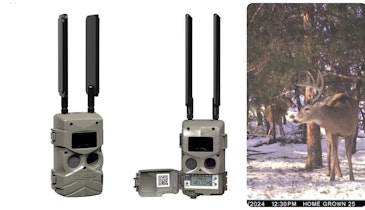The National Shooting Sports Foundation has established a special webpage to track governmental orders and how they affect firearm and ammunition manufacturing and retailers. State-by-state listings are available clicking the COVID-19 Information and Resources for FFLs link.
NSSF’s ongoing efforts to keep the industry open includes an effort to inform the Department of Homeland Security on the essential nature of our firearm and ammunition product manufacturers, retailers, importers, distributors and ranges – all of which should be explicitly listed as part of our nation’s Critical Infrastructure.
On the state front, our team is working in each state and many localities to ensure our industry and the critical role it plays is not hampered by well-intended Executive Orders seeking to stem the spread of the virus. Here is a list of the orders we are actively tracking, and what they mean for our members. Please note this is a rapidly changing list, and that many of the orders are subject to interpretation. If you’re not receiving our alerts, please visit this page and opt in.
Federal Essential Businesses Recommendation
U.S. Department of Homeland Security's Cybersecurity & Infrastructure Security Agency has announced a coronavirus "guidance" to help identify the critical infrastructure industries in the country.
The agency worked with federal agencies and the private sector to identify the workers and businesses included in the list.
CISA developed an initial list of “Essential Critical Infrastructure Workers” to help State and local officials as they work to protect their communities, while ensuring continuity of functions critical to public health and safety, as well as economic and national security. The list can also inform critical infrastructure community decision-making to determine the sectors, sub-sectors, segments, or critical functions that should continue normal operations, appropriately modified to account for Centers for Disease Control (CDC) workforce and customer protection guidance.
The attached list identifies workers who conduct a range of operations and services that are essential to continued critical infrastructure viability, including staffing operations centers, maintaining and repairing critical infrastructure, operating call centers, working construction, and performing management functions, among others. The industries they support represent, but are not necessarily limited to, medical and healthcare, telecommunications, information technology systems, defense, food and agriculture, transportation and logistics, energy, water and wastewater, law enforcement, and public works.
CISA says the list is "advisory in nature" and is neither a federal directive or standard.Read the full guidance briefing from CISA.






